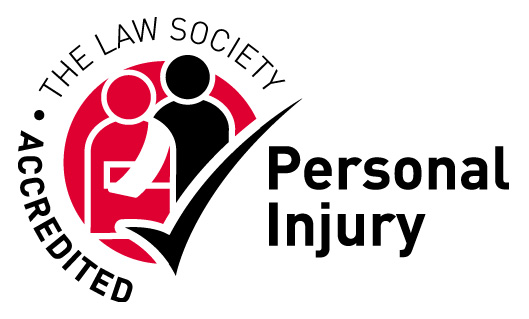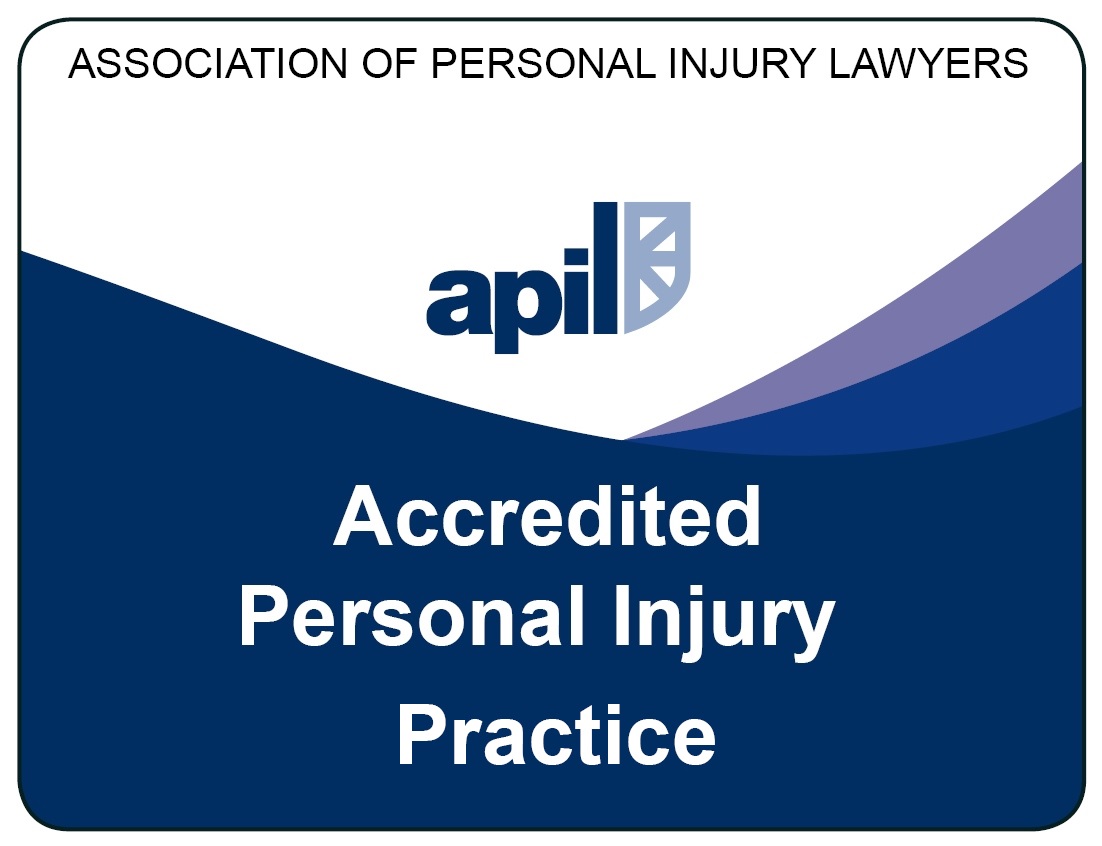




New Compensation Scheme Called For NHS Blood Contamination Scandal
The conclusion of a Public Inquiry which resulted in the Prime Minister declaring £25 million in medical negligence compensation has sparked anger from victims and their relations.
Last week, the Penrose Inquiry, which looked in depth into why contaminated blood had been given to patients, was published. The medical errors which occurred in the 1970s and 1980s resulted in hundreds of Scottish NHS patients becoming infected with the HIV virus and Hepatitis C.
David Cameron, before announcing the news in the House of Commons, issued an apology to the people who had suffered in the tragedy, the Scottish government also apologised.
Conclusions To The Inquiry
The Public Inquiry was called for so that the reasons behind the errors could be unearthed. Recommendations from the report highlight that there is not much more which could have been done to prevent the situation.
The report, which was ordered by the Scottish Government in 2007, called upon 60 witnesses, cost around £12 million to produce and has infuriated victims and their families.
Within the report, Lord Penrose, who was seriously ill in hospital when the details of the inquiry were announced, comments that those people who have been affected by the blood contamination error as a result of HIV/AIDS and Hepatitis C have been left with a devastating impact on their lives.
Thousands Of People Affected By The Mistake
478 people were affected by Hepatitis C and 2500 people were infected as a result of the blood transfusions. Many believe more could have been done to prevent the infections. Hemophilia Scotland said the report, which began six years ago, was a ‘whitewash’ with some of the assertions within it ‘barely rational’ and that peoples’ lives had been turned upside down because of what happened to them. Hemophilia Scotland spokesperson, Bill Wright, said the Prime Minister’s £25m compensation was a ‘damned’ insult.
Donated Blood From Prisoners
Blood transfusions were taken from prisoners as donations up until 1984 when it was stopped. Although there was only a small percentage of blood coming from this area at the end, there was not a lot of information available on whether or not a prisoner had been using drugs, therefore making them more at risk of having an infection. The Scottish National Blood Transfusion experts said in the report that the practice of using prisoners to donate blood was ‘inadvisable and should have been stopped earlier’.
Lord Penrose states that blood donations from prisoners in Scottish jails stopped in 1984 and delays in introducing a test for screening donated blood for Hepatitis C in the early nineties would have helped prevent the problem.
Delay Introducing Screening
In the report, there are also details of the delayed introduction of screening for Hepatitis C for donated blood. It said that instead of a decision being made six months later, the decision about screening should have been made in May 1990.
The report also acknowledged that there had been suffering from people who had administered the treatments which caused the infections, a part of the report which some victims did not appreciate. The report states: “They too have been affected, especially when accused of knowing or making deliberate attempts to harm patients.”
Condolences For Victims
Secretary to the Inquiry Maria McCann, who publicly announced the details, passed condolences to those who have lost people as a result and to those who continue to struggle with conditions caused by the mistake. She said: “How this tragedy happened in the course of NHS treatment was a source of serious public concern. The testimony of witnesses who were infected was “profoundly moving.”
In a final part of the report, attention is drawn to the Scottish Blood Transfusion Service which it states was ‘unfortunate’ in not considering the issue until 1982, although it is not clear whether this delay would have had an impact on stopping the practice had this happened earlier.
Scottish Government Will Help Victims
First Minister Nicola Sturgeon, has said that the Scottish government will help ‘deliver justice’ to the victims who have rejected the report. Measures include reviewing the current financial assistant schemes; setting up a patient and family reference group as well as more psychological and social work support. Core funding for Hemophilia Scotland was also mentioned for the next three years.
In response to the proposed measures, Bill Wright said: “People are much more reflective today. The apology is what we’ve been looking for many years, and it’s clear there’s a different approach in Scotland in terms of working with families.”
Published on 14th April 2015.





